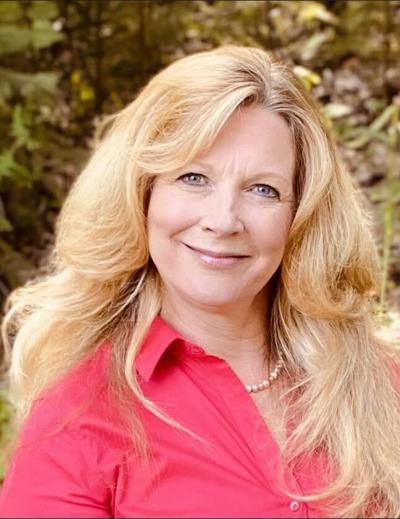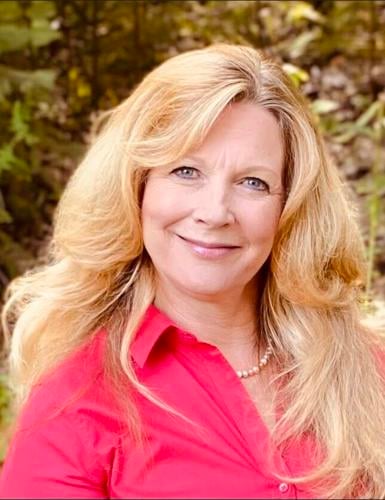Sherri Wall is running unopposed for Interior Gas Utility Board of Directors Seat B.
Wall has lived in Fairbanks since 1984 and believes that serving on the Interior Gas Utility Board will be an opportunity to give back to the community that she cares about. Wall said she wants to foster the long term sustainability of the Fairbanks community through reliable energy sources.
She holds a bachelor’s degree in technology with a focus on business and a master’s degree in resource and applied economics from the University of Alaska Fairbanks.
Wall previously served on the Spirit of Alaska Federal Credit Union Board of Directors.
The most pressing issues facing the utility and its customers are the shortage of natural gas in Cook Inlet, and increased rates for Liquefied Natural Gas on the North Slope due to increased transportation costs.
Wall teaches natural resource economics, rural economy of Alaska, the economics of business and environmental sustainability and economics for managers, the latter two she developed for the Master of Business Administration program, at UAF.
Wall has three sons and ten grandchildren. She is a volunteer with Angels in Motion and enjoys teaching exercise classes, hiking, cross country skiing and playing pickleball.
How do you see IGUs expansion going?
I am very impressed by the foresight of IGU’s administration and board of directors. The continued build-out in North Pole, construction of two new storage facilities, and establishing an LNG contract for gas supply from the North Slope, are significant accomplishments. We must continue to reach as many potential customers in our community as possible for two main reasons: 1) to maximize economies-of-scale, and 2) to ensure as many Fairbanks homes and businesses are able to reap the benefits of natural gas.
How do you think the new North Slope contract will aid utilities growth?
Cook Inlet is struggling to supply Anchorage with natural gas, much less the rest of Alaska. The Utility had to look outside of Cook Inlet for a secure and stable source of gas. Fairbanks will now have a stable energy supply from the North Slope, one of the largest natural gas fields in the world with a potential 200 trillion cubic feet.
How would you encourage homeowners to make the switch to natural gas?
Continued advertising and promotion will aid homeowners in learning about the environmental and financial advantages of heating with natural gas. Per BTU, a condensing natural gas boiler can operate at efficiencies far exceeding those of an oil-fired boiler — often in excess of 95%. Maintenance costs of a clean-burning natural gas boiler are a fraction of the cost of maintaining an oil-fired system. In addition, homeowners aren’t faced with the worry of a leaky fuel oil tank or the possible environmental damage from a fuel spill. I do support the Borough’s changeout program and the financial incentive given to homeowners to help shoulder the cost of making the switch to install a fuel-efficient and clean-burning heating device. This will allow our community to continue to benefit from air quality improvements.
If the state builds a LNG pipeline, what do you think IGU should do in terms of participation?
If the State builds an LNG pipeline, IGU wouldn’t necessarily directly participate in the construction of the mainline. IGU should work with the State, however, to ensure a spur off the mainline in the interior similar to the refineries in North Pole tapping TAPS for crude oil from the North Slope.


